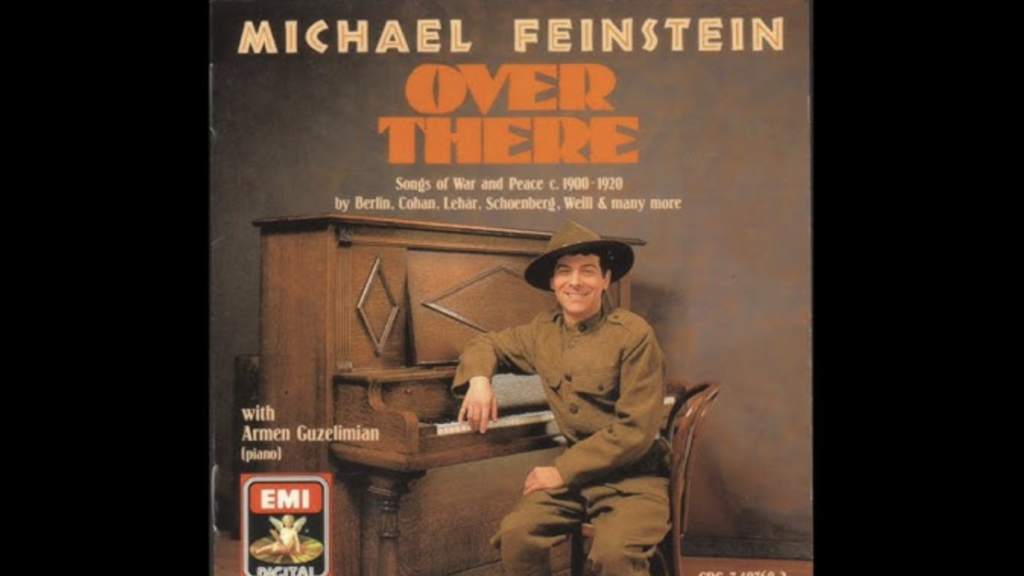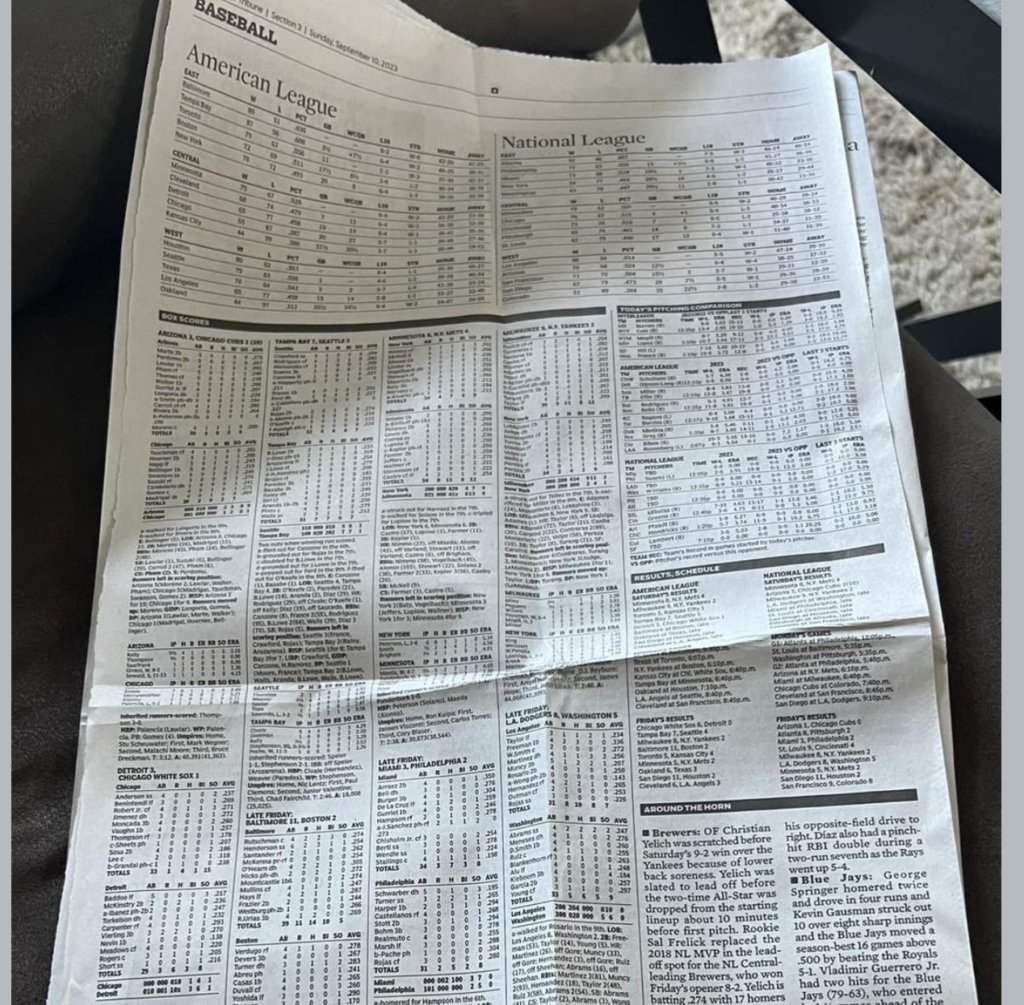OK, boomer.
When I was a kid in the late 1950s, my grandfather used to tell me how various things had been so much better when he was my age. For reference, the years he was describing were when Roosevelt was president.
Teddy Roosevelt.
Or as the world’s oldest train conductor in the movie “Finders Keepers” said, the Rough Rider, not the wheelchair fella.
Most people still got around town either walking or by horse and cart. There were no refrigerators, although some folks had iceboxes and had ice delivered several times a week. Homes were heated by fireplaces or wood stoves. Central heating didn’t exist and air conditioning was a generation or two away.
My grandparents’ home once I came along never did have central air conditioning.They had a portable unit on wheels that they usually kept in the dining room.
For at least the first half of the 20th century, many people spent their entire lives within 50 miles of where they were born. It’s why this line from a World War I era song rang so true:
“How are you going to keep them down on the farm after they’ve seen Paris …”

My Ohio-born grandfather was the son of a German couple who emigrated from Germany. He was an adult the first time he left Ohio as a doughboy heading to France. He returned home after the war, and with the exception of a couple of years as a factory worker in Buffalo, he lived in the same Ohio village until his death in 1985.
The phone he had in the mid ’50s was a wall unit without a dial. You wanted to call out, you signaled the operator and told her who you needed.
What was good about it?
Well, it rarely rang.
I suppose I’m leaving myself open to an “OK, boomer” moment complaining about this, but …
Why do you still have a landline?
My first cellphone was in 1995, and for at least the first 10-12 years, it was expensive. In addition, let’s of calls got dropped. Since I got my first iPhone nearly 10 years ago, that hasn’t been a problem, but there is still one flaw. Depending on where I am in my house, the phone doesn’t always ring.
It’s not really a problem. We can always return calls.

So many of the changes that have come in my lifetime that really did seem like progress have started looking like disasters. Take disposable diapers, milk cartons, and all sorts of things that once were reusable and now are trash.
Milk came in glass bottles when I was a kid, but the amount of milk sold these days makes that impossible. So we get Texas-sized trash on the surface of the Pacific Ocean. We can’t eliminate that, and we’ll have to pay for it someday. That means eventually giving up things we love.
Like printed words on the page.
Books, magazines and newspapers.
When I think about the small pleasures of my adult life, reading newspapers was one of them. As a lifelong baseball fan, few things were more fun than looking at box scores from the games of the day before.
I lived in the circulation areas of great papers like the Washington Post, the Charlotte Observer, the Denver Post and the Los Angeles Times. When we moved to Georgia in 2010, I thought we would be living in the circulation area of the Atlanta Journal & Constitution, and I was disappointed to learn we were just outside.
So I subscribe to the New York Times and the Washington Post and read them online.
It’s not the same.
OK, boomer.
The situation with books is even worse. We have something like a dozen bookcases and all are pretty much filled. Hundreds and hundreds of all sorts of books, but I have far more than that stored in something the size of my hand.
It’s a two-year-old iPhone 13 Pro Max,, and among other things. it holds 1,361 books, 579 audiobooks and 1,155 videos (movies and TV shows). Maybe the most amazing thing about it is that there are still hundreds of gigabytes avilable for more.
Theoretically at least, as long as I had a charger and a mini-solar panel (both of which I do have), I could be a hundred miles from civilization and still read or listen to books or watch movies or television shows.
Sound good?
As long as the technology holds. Electromagnetic pulse (EMP) could wipe out everything involving electronics, so it would be bye bye mobile phones, computers and just about anything else modern.
At least I would still have my books.
Ok, boomer.
